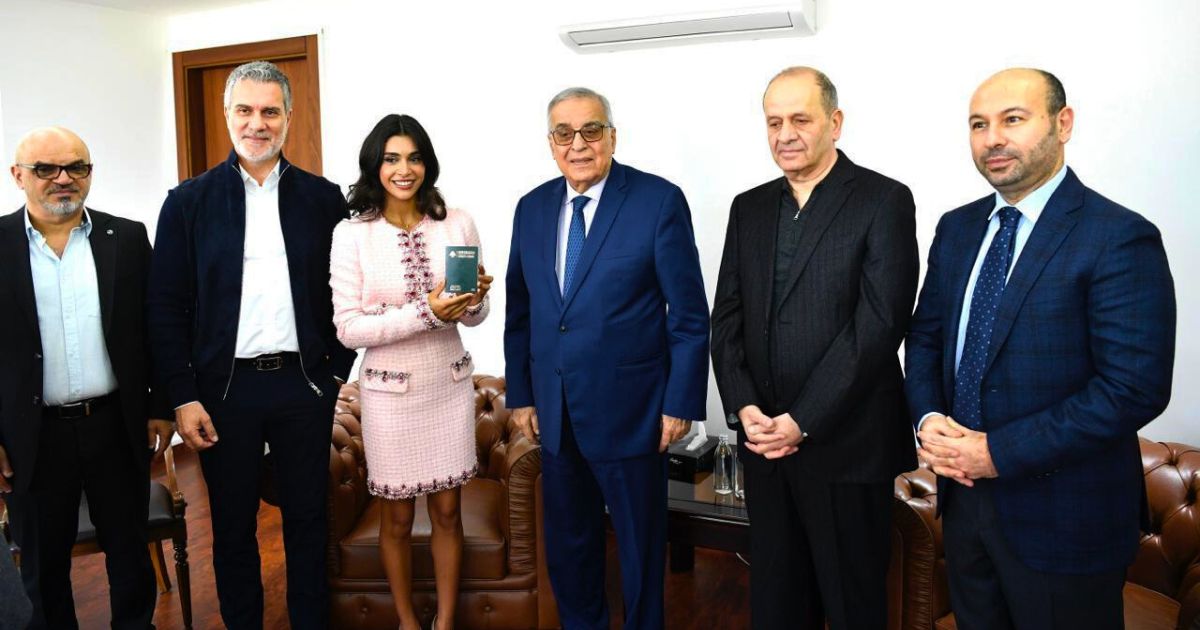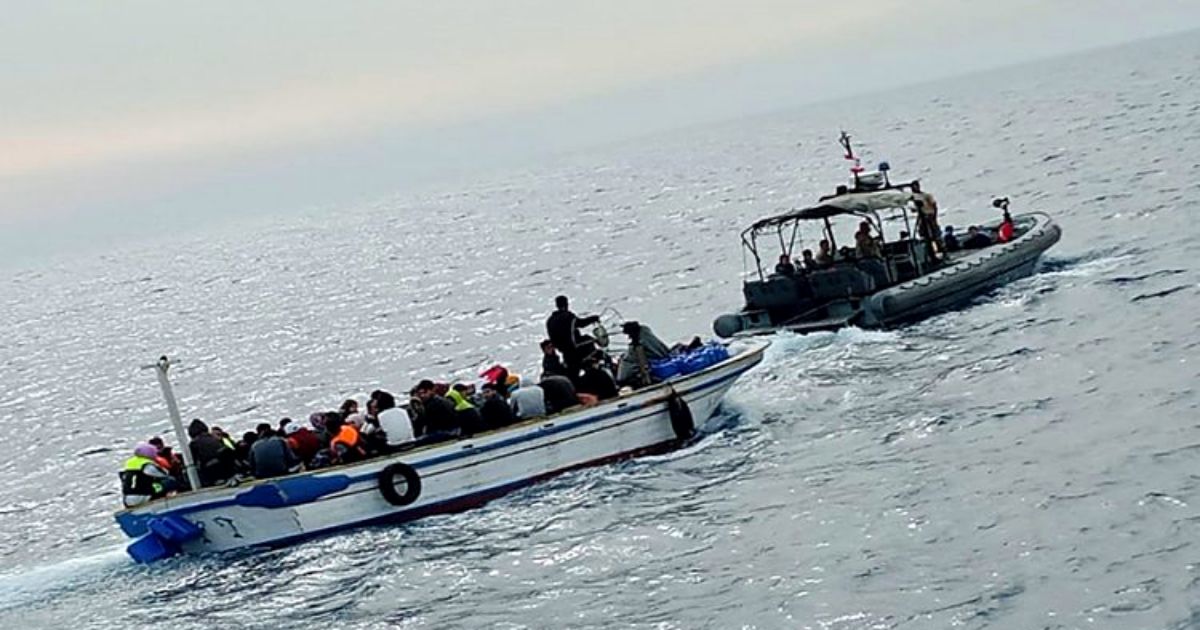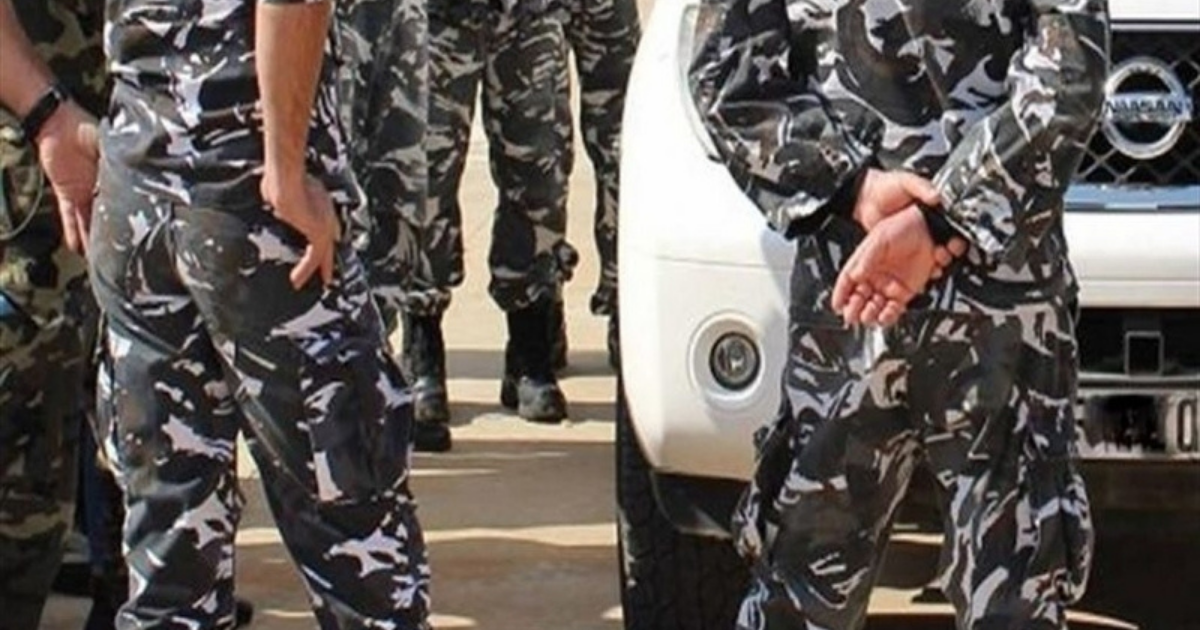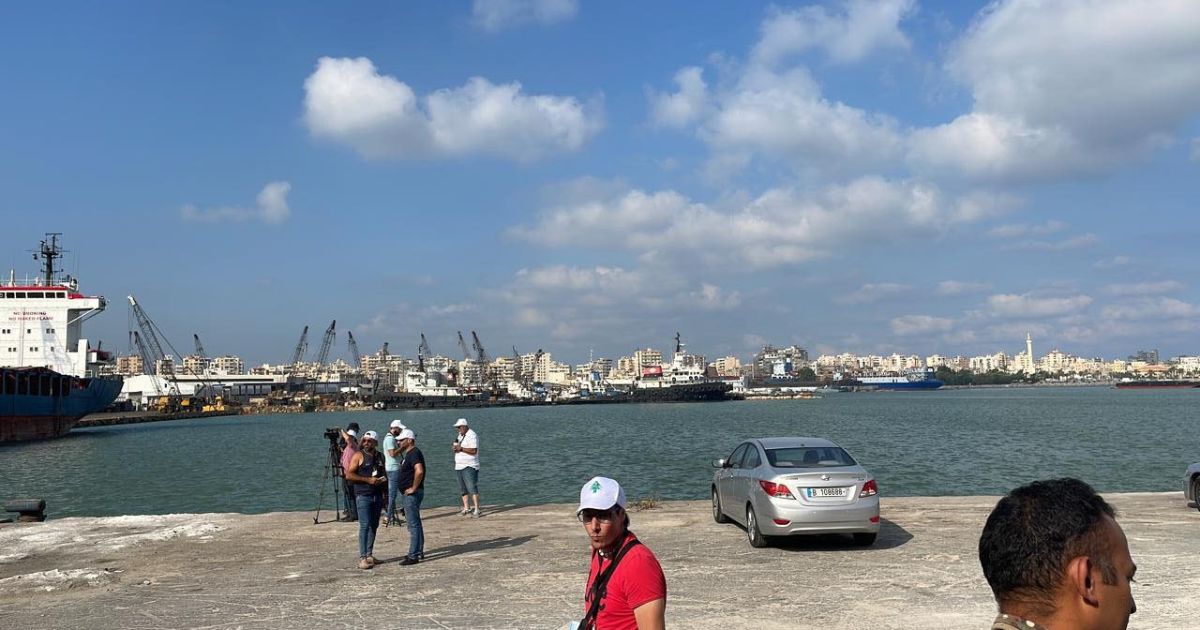While on their weekly grocery run, Jad and his father were shocked to find that the Turkish supermarket they shop at was selling subsidized Lebanese ‘Najjar’ coffee.
“We go to that shop weekly and we know they have some Lebanese products but it was very surprising to find government-supported items available here. We don’t know the owner … so we didn’t talk to him, we just saw it and left,” Jad told The961.
The store, Kingston Food Centre, was selling packs of Najjar coffee for £2.7 (around $3.71). In today’s Lira exchange rate of around 12,000 LBP, that’s 44,520 LBP per unit.
Based on the current price on the website of Lebanon’s Spinneys, the 200g pack of Najjar coffee with cardamom goes for 8,750 LBP and the 450g size for almost 20,000 LBP.
Kingston Food Centre was not just selling one or two of these government-supported packs. “I would say there was a full shelf section of the coffee, so maybe 7 or 8 upfront on the shelves,” Jad said.
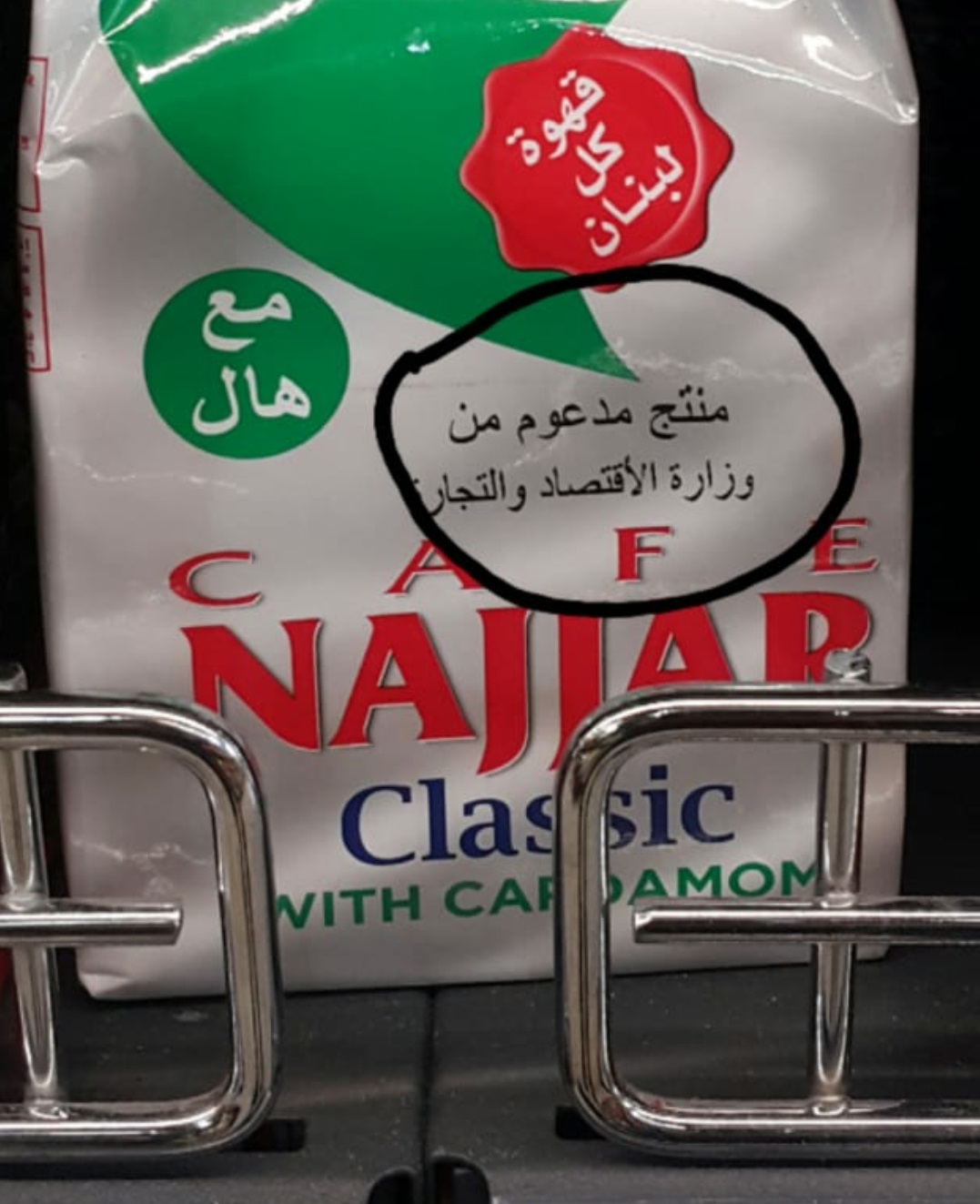
Najjar coffee was also reportedly found being sold on shelves in Turkey. This is giving a new meaning to Najjar’s company slogan: Where’s there’s a Lebanese, there’s Najjar…
However, the scandal of Lebanese subsidized products being smuggled out of Lebanon and sold abroad is not exclusive to ground coffee. For months, people residing abroad have reported finding Lebanese staples such as Picon cheese, labneh, and rice in their local supermarkets.
In Lebanon, authorities are occasionally raiding warehouses full of subsidized goods and recently arrested people trying to smuggle supported goods to Syria. However, it is still unclear what action is being taken by the caretaker government to control the large-scale smuggling.
Even the Ministry of Economy and Trade claims no responsibility for what is happening.

